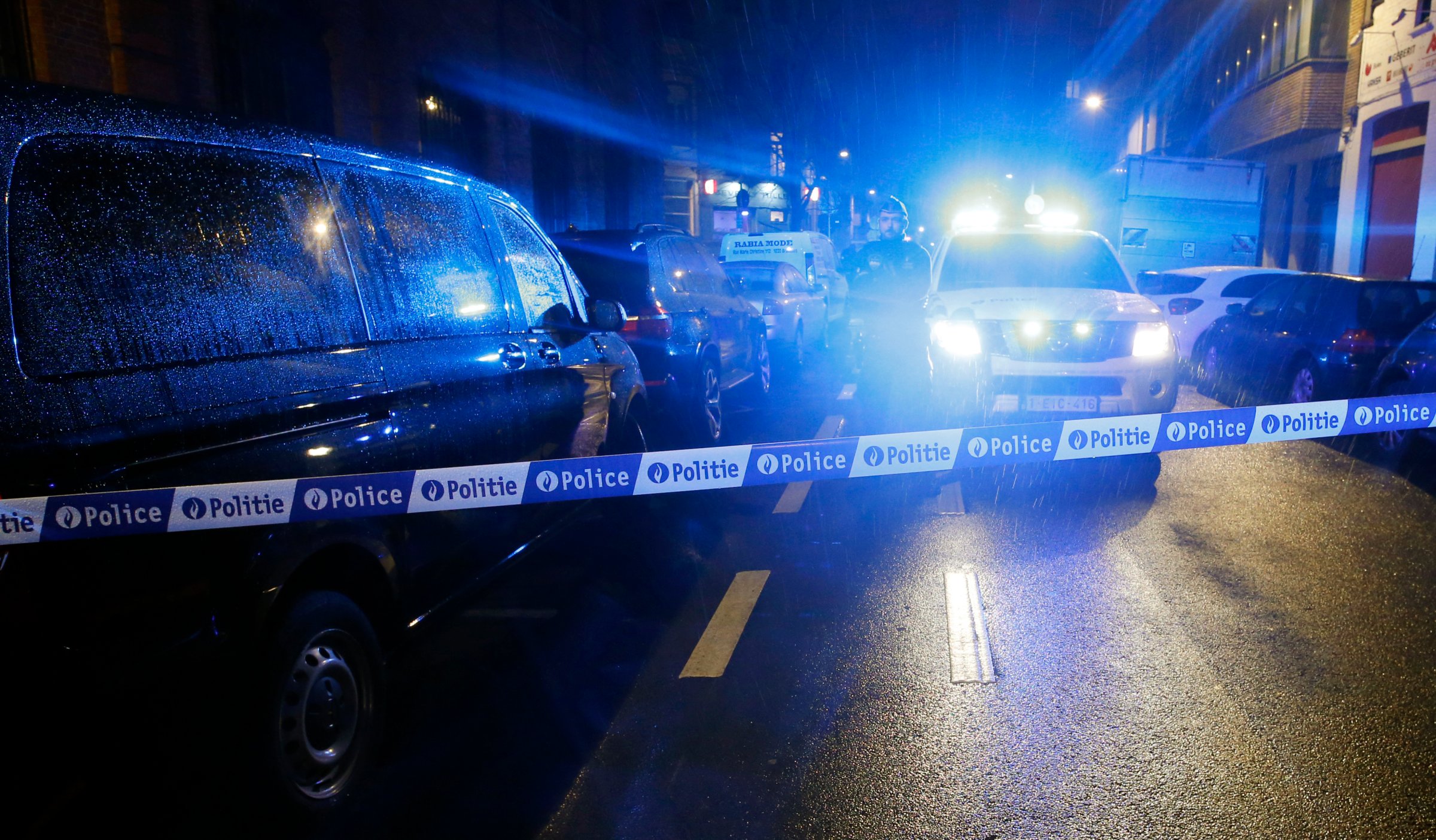
A Belgian nuclear power plant may have been the target of an aborted plot by the ISIS cell that carried out this week’s terrorist attacks in Brussels, according to Belgian media.
If confirmed, the plot would explain why the country’s two nuclear power plants were all but locked down in the immediate aftermath of Tuesday’s bombings — without explanation, and despite being miles away from the Brussels facilities under attack.
Belgian newspaper La Derniere Heure reported Thursday, based on a police source, that the brothers who died in suicide bombings at the Brussels airport and subway — Khalid and Ibrahim el Bakraoui — had been involved in secret video surveillance of a senior scientist who worked at the Tihange complex.
The newspaper first reported the discovery of the surveillance video in February, from a camera placed in bushes outside the researcher’s suburban home, and recovered under cover of darkness by two men driving without headlights. Fearing a plot to enter the nuclear complex, authorities ramped up security after the discovery, which a police source told the newspaper may have prompted the plotters to seek out softer targets, namely the airport and subway.
Prosecutors did not confirm the latest report, which would account for the extraordinary security measures that went into effect March 22 at Tihange and at Belgium’s other nuclear complex, Doel, outside Antwerp to the north of the capital.
Almost all employees at both facilities were abruptly sent home after the Brussels attacks, amid fears that an “insider” might offer access to terrorists, or, more likely, provide them with material suitable for a “dirty bomb” — a simple explosive used to disperse radioactive material across a wide area, sowing panic. The state broadcaster RTBF reported that 11 workers at Tihange were stripped of access badges since the alert began, four of them after the bombings.
As TIME reports in its current print edition, U.S. officials and experts are growing more and more concerned that ISIS is seeking nuclear or radiological materials for that campaign. Every known instance of trafficking in nuclear material resulted from theft by an “insider,” according to the International Atomic Energy Agency.
ISIS actually had a follower inside the Doel plant, a 26-year-old technician who in 2012 went to Syria to fight for the group, and was killed there. That was before ISIS turned its sights on terror strikes in the countries that have since mounted military operations against it.
“It’s fairly easy to understand how that could fit into their M.O. — a truly terror weapon,” a senior U.S. official told TIME, shortly before the Brussels attacks (which, like other major strikes, may have been plotted by local supporters without direction from Raqqa, the group’s nominal base). “And frankly, if you’re worried about borders, and you’ve got access in France or Brussels or wherever, why steal it in Iraq and risk discovery on your way to Rome? Just find something in Rome.”
By chance, the day after the attacks brought the release of a major study warning that terrorists would find it entirely too easy to assemble the makings of a radiological “dirty bomb.” The report was by the Nuclear Threat Initiative, the organization formed by former Sen. Sam Nunn and Ted Turner to advocate for preventing terrorists from acquiring “loose nukes,” or individual atomic warheads. It says there are literally thousands of opportunities worldwide for terrorists to gather the radiological material for a dirty bomb that might kill only a few, but spread panic and contaminate a section of a city for decades.
When heads of state gather in Washington on March 31 for the final Nuclear Security Summit, the main message will be to secure the most dangerous ingredients for a dirty bomb. “The existing global system for securing dangerous radiological materials has significant gaps,” the NTI report warns, “and the 23 countries that agreed to secure their radiological sources represent only about half of those participating in the Nuclear Security Summits and just 14 percent of IAEA Member States.”
More Must-Reads From TIME
- What Student Photojournalists Saw at the Campus Protests
- How Far Trump Would Go
- Why Maternity Care Is Underpaid
- Saving Seconds Is Better Than Hours
- Welcome to the Golden Age of Ryan Gosling
- Scientists Are Finding Out Just How Toxic Your Stuff Is
- The 100 Most Influential People of 2024
- Want Weekly Recs on What to Watch, Read, and More? Sign Up for Worth Your Time
Contact us at letters@time.com